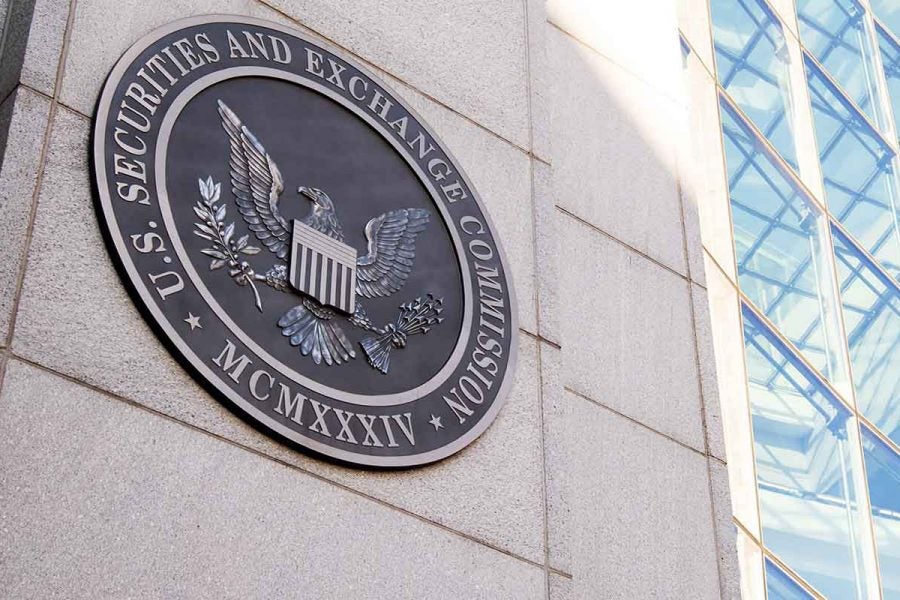Category
Financial Disclosure
Organizations Involved: Institute for Policy Integrity Source: Institute for Policy Integrity Abstract In October 2023, California enacted two laws (SB 253 and SB 261) that require large, U.S.-based companies doing business in California to disclose their climate-related financial risks and greenhouse gas emissions. The California Air Resources Board (CARB) published an…
Organizations Involved: Sabin Center, Columbia Center on Sustainable Development Source: Sabin Center, Columbia Center on Sustainable Development Abstract What will happen to the SEC’s March 2024 climate disclosure rule under the new U.S. federal administration? This paper seeks to contribute to the upcoming debates on this question after the 2024…
Abstract Extreme weather caused by climate change is a threat to human health and safety, but it is also increasingly the cause of serious economic disruptions. And in the transition to a lower carbon economy, companies are navigating both opportunities and challenges. The Securities and Exchange Commission (SEC) recently adopted…
Marie LiAugust 22, 2024
In March 2024, the Securities and Exchange Commission (SEC) finalized its rules on The Enhancement and Standardization of Climate-Related Disclosures for Investors (Rules). The Rules will require public companies in the United States to make certain climate-related disclosures in their registration statements and annual reports, giving investors critical information to…
Donald Goodson, Bridget Pals and Erin ShortellAugust 15, 2024
This amicus brief was filed by the Americans for Financial Reform Education Fund, Environmental Defense Fund, Natural Resources Defense Council, Sierra Club, and Sierra Club Foundation, a coalition of non-profit organizations that have differing missions and areas of focus but share a common assessment that climate-related impacts pose significant and…
This white paper examines the concept of corporate physical climate risk and how it is reported in company disclosures. First, the paper presents the emerging market of climate analytics and how various firms in this market purport to measure physical climate risk. Next, the paper examines the current state of…
Caroline Cox and Chick HallinanAugust 2, 2024
Organizations Involved: Sabin Center Abstract Climate disclosure rules have recently been finalized by the SEC, California, the European Union, and the International Sustainability Standards Board (ISSB). Please watch to hear our distinguished panelists discuss the implications of these regimes. How will the relatively weaker SEC requirements shape the market alongside…
Chloe Field and Cynthia HanawaltJune 17, 2024
Organizations Involved: Sabin Center Source: Climate Law Abstract This blog explores preemption questions in the context of the SEC's new climate rule and other domestic disclosure frameworks: California’s climate-disclosure laws and the Environmental Protection Agency (EPA)’s GHG emissions reporting regime. It is the third in a series of three blogs that address specific…
Chloe Field and Cynthia HanawaltMarch 29, 2024
The Institute for Policy Integrity filed an amicus brief in the Fifth Circuit arguing that the lower court correctly concluded the Department of Labor's 2022 Investment Duties Rule does not trigger the major questions doctrine because past regulatory practice demonstrated the case was not extraordinary enough to trigger the doctrine.…
Donald Goodson and Jessie ArnellMarch 26, 2024
Organizations Involved: Sabin Center Source: Climate Law Abstract This post addresses two aspects of SEC’s climate rulemaking process: should the rule have been re-proposed, and, more importantly, how might the SEC update and strengthen the rule going forward. It is the second in a series of three blogs that address…
Chloe Field and Cynthia HanawaltMarch 20, 2024







